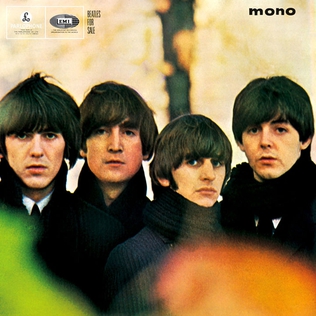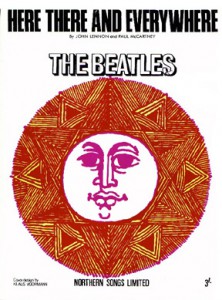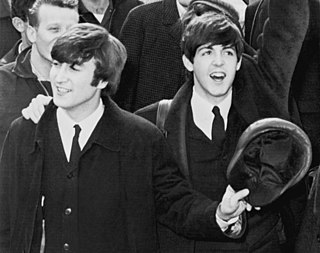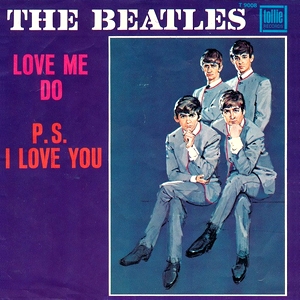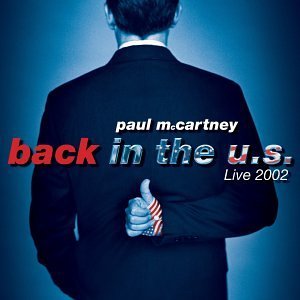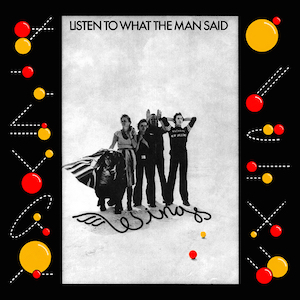| "Everywhere That I'm Not" | |
|---|---|
 US vinyl single | |
| Single by Translator | |
| from the album Heartbeats And Triggers | |
| Length | 4:03 (album version) 3:46 (single version) |
| Label | Columbia/415 |
| Songwriter(s) | S. Barton |
| Producer(s) | David Kahne |
"Everywhere That I'm Not" was a hit single for San Francisco group Translator in 1982, from the Columbia/415 album Heartbeats And Triggers .
Translator is an American, San Francisco rock band, that had success during the 1980s, and that continues into the present day. The group created a sound that spanned updated British Merseybeat and stripped-down punk-like rock to psychedelia. Inspired by the Beatles, Cream and 1960s California folk rock bands such as The Byrds, their guitar-based music had wide exposure during the early 1980s on non-commercial campus radio and new wave music stations. The group's stripped-down music and sometimes ironic and disturbing existentialist lyrics may have been a precursor to alternative rock.
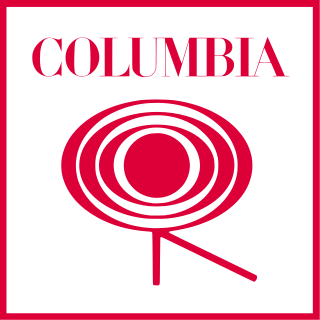
Columbia Records is an American record label owned by Sony Music Entertainment, a subsidiary of Sony Corporation of America, the North American division of Japanese conglomerate Sony. It was founded in 1887, evolving from the American Graphophone Company, the successor to the Volta Graphophone Company. Columbia is the oldest surviving brand name in the recorded sound business, and the second major company to produce records. From 1961 to 1990, Columbia recordings were released outside North America under the name CBS Records to avoid confusion with EMI's Columbia Graphophone Company. Columbia is one of Sony Music's four flagship record labels, alongside former longtime rival RCA Records, as well as Arista Records and Epic Records.

415 Records was a San Francisco record label created in 1978. The label focused its efforts on local punk rock and new wave music acts of the late 1970s through the late 1980s, including The Offs, The Nuns, The Units, Romeo Void, and Wire Train. Its name, pronounced four-one-five, was a play on both the telephone area code for the San Francisco area and the California penal code section for disturbing the peace. The label had a productive partnership with Columbia Records from 1981 until shortly before it was sold in 1989 to Sandy Pearlman, who retitled the label Popular Metaphysics.
It is said by many fans and critics that the band's signature song was mourning the loss of John Lennon, [1] but this is a mistaken claim. [2] The band's memorial to Lennon was actually another of their songs; the similarly titled "Everywhere", from the same album this single comes from. Coincidentally, the songs' producer, David Kahne, would later produce records for Paul McCartney. [3]

John Winston Ono Lennon was an English singer, songwriter, and peace activist who co-founded the Beatles, the most commercially successful band in the history of popular music. He and fellow member Paul McCartney formed a much-celebrated songwriting partnership. Along with George Harrison and Ringo Starr, the group would ascend to worldwide fame during the 1960s. After the group disbanded in 1970, Lennon pursued a solo career and started the band Plastic Ono Band with his second wife Yoko Ono.
David Kahne is an American record producer, musician, composer, and former record company executive.

Sir James Paul McCartney is an English singer-songwriter, multi-instrumentalist, and composer. He gained worldwide fame as the bass guitarist and singer for the rock band the Beatles, widely considered the most popular and influential group in the history of popular music. His songwriting partnership with John Lennon remains the most successful in history. After the group disbanded in 1970, he pursued a solo career and formed the band Wings with his first wife, Linda, and Denny Laine.
The song was a hit on US college radio but achieved only moderate commercial success. Lamenting this, musician and critic Scott Miller wrote: "From the jazzy, almost dissonant opening riff to the absolutely unforgettable chorus, this is one of music's most glaring should-be-classics." [4]

Scott Miller was a singer, songwriter and guitarist, best known for his work as leader of the 1980s band Game Theory and 1990s band The Loud Family, and as the author of a 2010 book of music criticism. He was described by The New York Times as "a hyperintellectual singer and songwriter who liked to tinker with pop the way a born mathematician tinkers with numbers", having "a shimmery-sweet pop sensibility, in the tradition of Brian Wilson and Alex Chilton."

